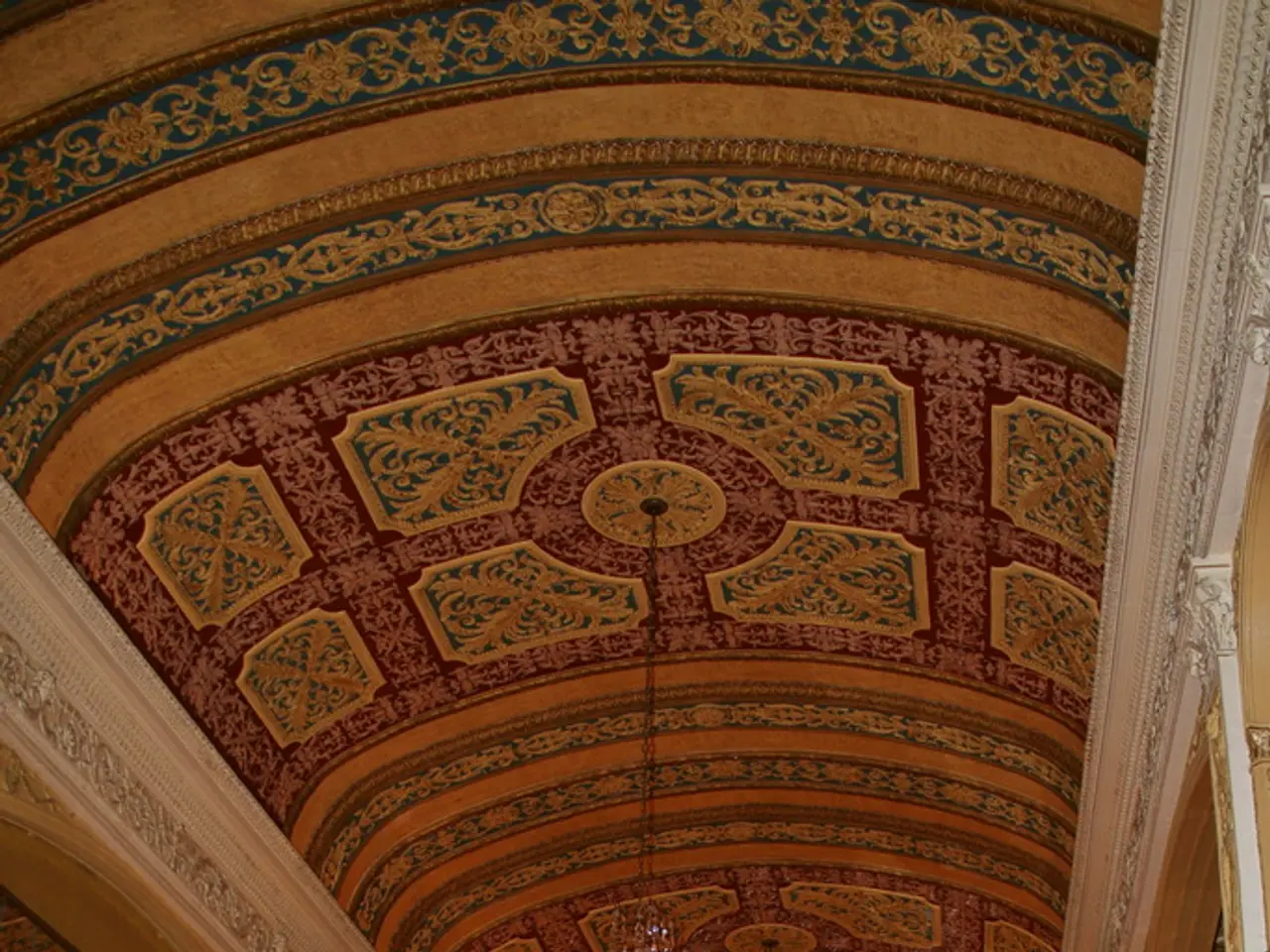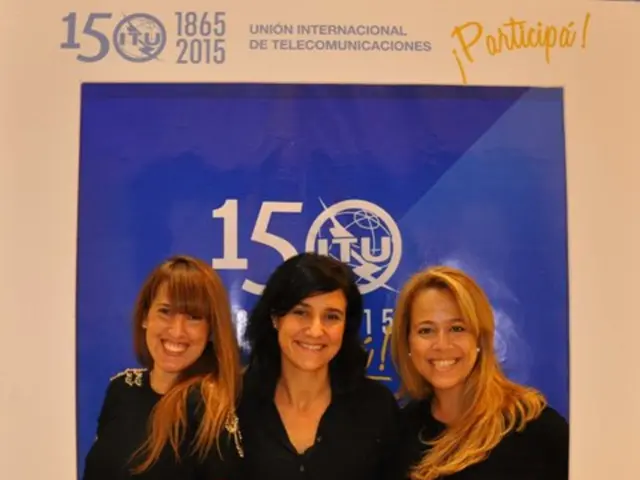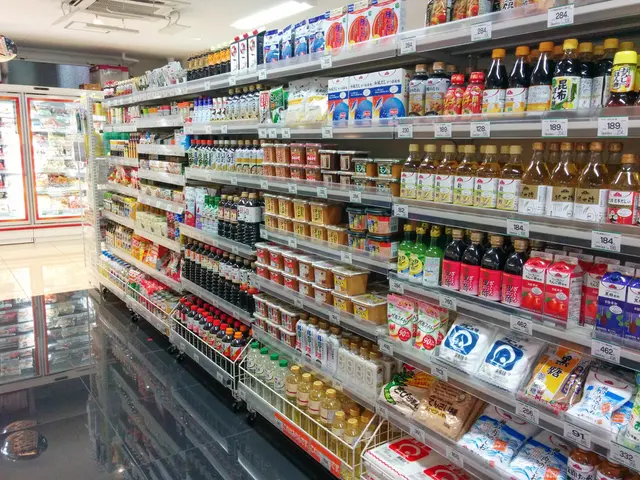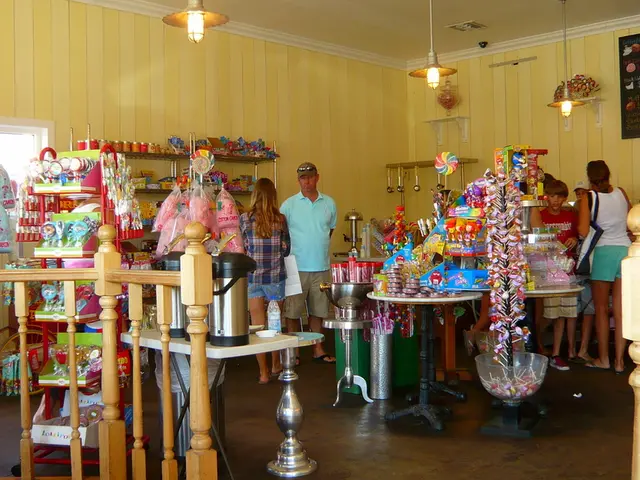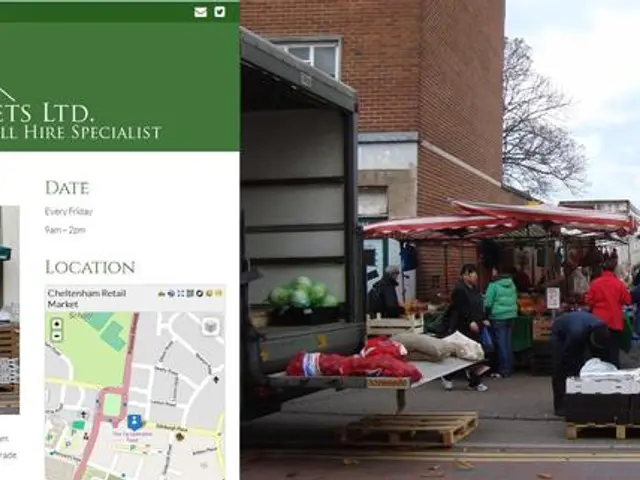Advisory firm specializing in energy sector operations and policy making
In the vibrant city of Neuss, residents can now take steps towards a more energy-efficient lifestyle, especially as more people work from home. The city is hosting an energy consultation on August 18, from 2:00 PM to 6:00 PM, aiming to help residents cope with the increasing burden of rising energy prices.
The consultation, taking place at Promenadenstr. 43-45, Neuss Social Office, is a collaborative effort by the Social Office, the Office for Urban Greenery, Environment and Climate, and the Consumer Center NRW. The aim is to provide practical advice on reducing energy consumption and living more sustainably.
One of the key areas of focus is optimising heating and cooling. Modern heating solutions such as infrared heating systems can significantly reduce energy costs, with studies showing a reduction of around 40% in similar contexts. Residents are also encouraged to reduce waste by avoiding heating unused rooms and using smart heating controls or heat management systems.
Another crucial aspect is smart energy monitoring. Installing home energy management systems or smart meters can help residents understand where energy is being consumed unnecessarily and adjust their habits accordingly.
The use of renewable energy sources is also being promoted. Where feasible, residents could install photovoltaic solar panels to generate renewable electricity, reducing dependency on grid power and lowering carbon footprints.
Energy-efficient appliances and lighting are also highlighted as essential for reducing electricity use. Switching to energy-efficient appliances, LED lighting, and minimising standby power consumption can make a significant difference in annual energy bills.
Simple behavioural adjustments, such as lowering thermostat settings when rooms are unoccupied, using natural ventilation instead of air conditioning, and limiting use of energy-intensive devices during peak hours, are also encouraged.
Subscribing to the city's free newsletter is another way to stay informed and engaged with the happenings and developments in Neuss. The newsletter provides detailed and specific information about Neuss, including social developments, arts, culture, and culinary arts. It covers a variety of topics and can provide information on upcoming events and happenings in the city.
The newsletter is sent to email addresses that have been confirmed upon subscription. To confirm your subscription, check your inbox or spam folder. Rest assured, the newsletter does not send spam emails, as stated in the privacy policy.
For those in need, the city offers a programme where participants can receive a programmable thermostat valve and exchange incandescent and halogen bulbs for LED lights. Additional information about the energy consultation can be found at www.neuss.de/energieberatung, and another consultation will take place on October 10.
By implementing these practical strategies, residents of Neuss can reduce their energy consumption and live more energy-efficiently, contributing to a greener and more sustainable city.
- The energy consultation in Neuss, hosted on August 18, focuses on advising residents on reducing energy consumption and promoting a more sustainable lifestyle, in line with the rise in energy prices.
- Optimizing heating and cooling is a significant aspect of the energy consultation, with modern heating solutions such as infrared systems potentially reducing energy costs by 40%.
- Smart energy monitoring is encouraged, with home energy management systems and smart meters helpful in understanding energy consumption patterns and making necessary adjustments.
- The consultation promotes the use of renewable energy sources, recommending the installation of photovoltaic solar panels to generate renewable electricity and lower carbon footprints.
- Residents are also advised to switch to energy-efficient appliances, LED lighting, and practice simple behavioral adjustments, such as lowering thermostat settings, to save on energy costs and contribute to a greener city.
